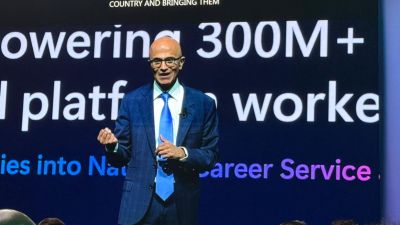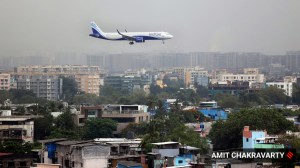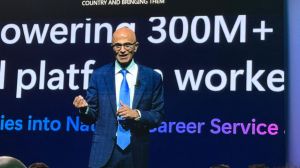India Incs interest costs jump 34.4%,set to rise further
The battle against inflation has started taking a toll on borrowers in the corporate sector
The battle against inflation has started taking a toll on borrowers in the corporate sector. There has been a 34.4 per cent rise in interest charges in Q4 of the financial year 2010-11. Interest costs are expected to shoot up further in the current fiscal as lending rates have gone up after the recent rate hike by the RBI,and with more hikes in the offing,slowdown in demand and investments could follow.
Interest costs of 1,275 companies shot up from Rs 59,427 crore in March quarter of 2010 to Rs 79,907 crore in same quarter of 2011. As per analysis by The Indian Express,the rise in interest costs is much higher than the increase of 24.45 per cent in total income of corporates and the net profit rise at 17.66 per cent during the quarter.
The net profit of 1,275 companies rose to Rs 61,605 crore in the fourth quarter ended 2011 from Rs 52,357crore in the same quarter of the previous year.
With the RBI hiking interest rates six times in 2010 aggregating 300 basis points corporates fear that demand and investment will bear the brunt.
Given that persistent high inflationary situation is not conducive for sustainable growth,the RBI has focused on taming inflation at the cost of growth as an aggressive hike in the policy rate is likely to impact not only demand but also investment, said Arun Singh,senior economist,Dun & Bradstreet India.
RBI governor D Subbarao said,after the repo rate hike earlier this month,There will certainly be some decline in investment because growth is coming down from 8.6 per cent to 8.2 per cent. Part of that will come because agriculture growth will be lower. Part of that is also because investment growth is lower. High interest rate will restrain consumption demand. But its very difficult to target it that way since we have one policy rate and you cant achieve so many objectives.
Corporate India has no option but to live with more rate hikes. Overall,borrowers have to take a hit till inflation is brought under control.Inflation above 8 per cent and growth momentum falling below 8 per cent will be bad news for the economy. Hence all-out efforts will be taken to bring economic dynamics back on track. Till then,tough conditions will prevail and stakeholders have no option but to accept the same with short-term pains for medium or long-term benefits, said J Moses Harding,executive vice-president and head (Global Markets Group) IndusInd Bank.
The new-found aggressiveness of the apex bank has made analysts and borrowers cautious about more hikes. We are lifting our interest rate call expecting another 75 bp of hikes in total,which would take the repo rate up to a peak of 8.0 per cent before the end of the July-September quarter. The next move is likely at the next meeting in mid-June and,at this stage,we have penciled in a 25 bps hike. However,a 50 bp increase cant be ruled out given the RBIs current hawkishness, said a note by Credit Suisse.
Given that it typically takes 12-18 months for rate increases to feed through to the real economy,it is next years growth that will feel the impact of the additional hikes. A clearer picture will emerge by this fiscal-end or the next.
- 01
- 02
- 03
- 04
- 05































